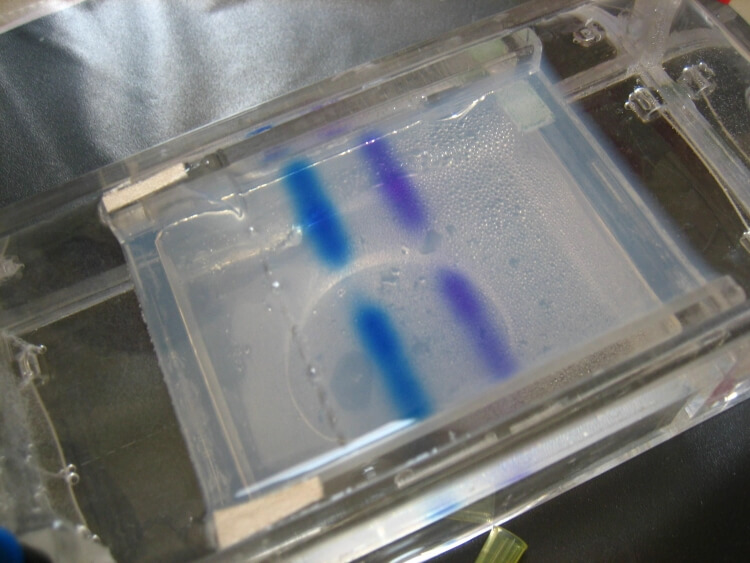3h
Rat HSP90aB1(Heat Shock Protein 90kDa Alpha B1) ELISA Kit
Rat HSP90aB1(Heat Shock Protein 90kDa Alpha B1) ELISA Kit
50ng/mL
Sandwich
0.27ng/mL
0.78 -50ng/mL
Rattus norvegicus
Signal transduction;
ELISA Enzyme-linked immunosorbent assays Code 90320007 SNOMED
HSP90-BETA; HSP90B; HSPC2; HSPCB; HSP84; Heat Shock 90kD Protein 1,Beta; Heat shock 84 kDa
E05 478 566 350 170 or Enzyme-Linked Immunosorbent Assays,E05 478 566 350 170 or Enzyme-Linked Immunosorbent Assays
The HSP90aB1(Heat Shock Protein 90kDa Alpha B1) ELISA Kit is a α- or alpha protein sometimes glycoprotein present in blood.
Rats are used to make rat monoclonal anti mouse antibodies. There are less rat- than mouse clones however. Rats genes from rodents of the genus Rattus norvegicus are often studied in vivo as a model of human genes in Sprague-Dawley or Wistar rats.
The test principle applied in this kit is Sandwich enzyme immunoassay. The microtiter plate provided in this kit has been pre-coated with an antibody specific to Heat Shock Protein 90kDa Alpha B1 (HSP90αB1). Standards or samples are then added to the appropriate microtiter plate wells with a biotin-conjugated antibody specific to Heat Shock Protein 90kDa Alpha B1 (HSP90αB1). Next, Avidin conjugated to Horseradish Peroxidase (HRP) is added to each microplate well and incubated. After TMB substrate solution is added, only those wells that contain Heat Shock Protein 90kDa Alpha B1 (HSP90αB1), biotin-conjugated antibody and enzyme-conjugated Avidin will exhibit a change in color. The enzyme-substrate reaction is terminated by the addition of sulphuric acid solution and the color change is measured spectrophotometrically at a wavelength of 450nm ± 10nm. The concentration of Heat Shock Protein 90kDa Alpha B1 (HSP90αB1) in the samples is then determined by comparing the O.D. of the samples to the standard curve.
